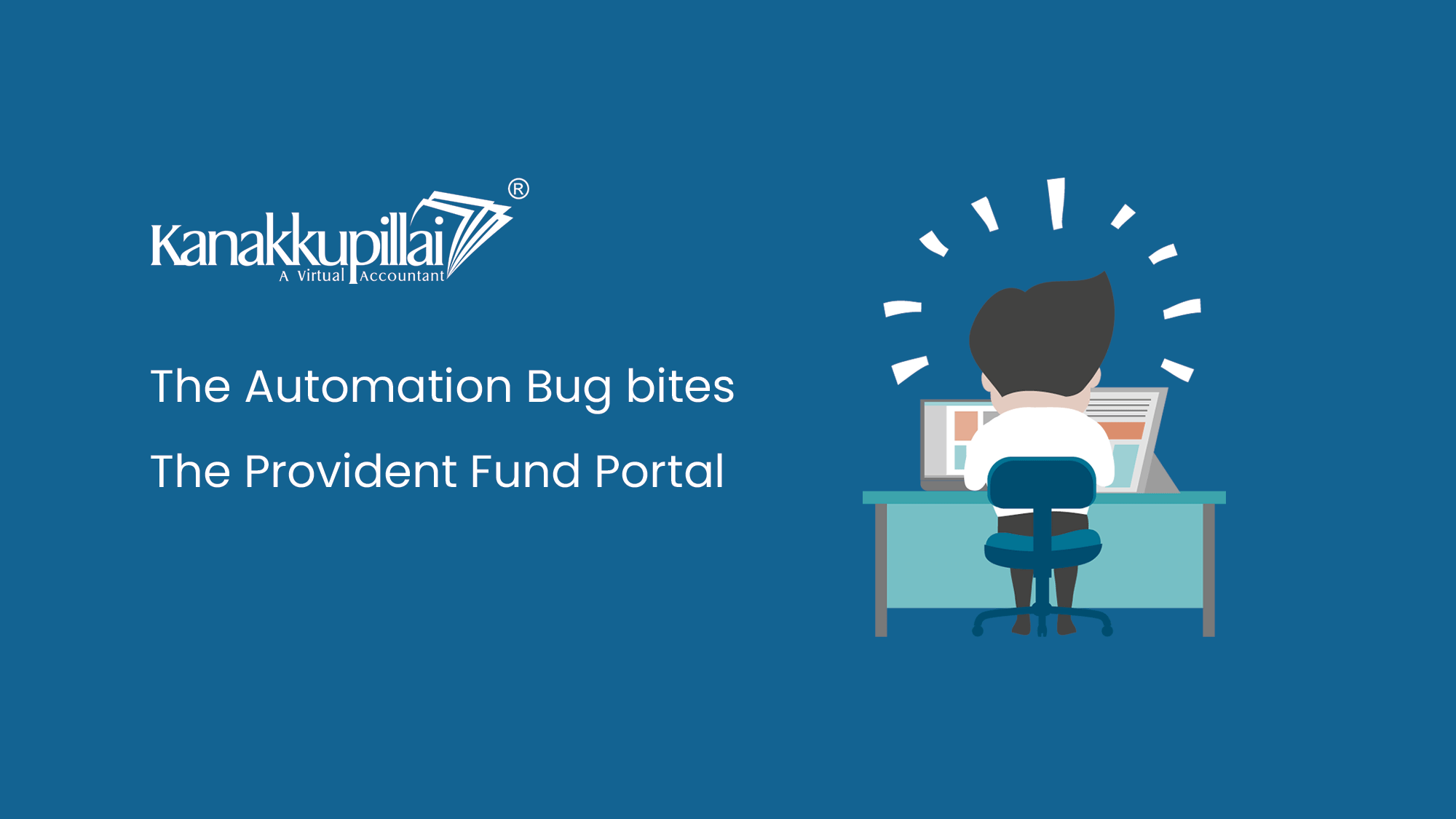![]()
The present day working population in India has seen more job changes over the last 30 years than what our forefathers saw in their 50 years of career lives. The transformation of India Inc. from erstwhile Bharat has been phenomenal. Within a century, we as a nation have evolved from the “I will enter the same line of work as my father” working ideology to “I will choose my own career pursuits” professional ethos. Is it good, is it bad? Well, we are no one to either judge or define that. After all, we are living in “To each one their own” life times. The rise, the fall and then yet again rise of IT and ITES industries has manifested a boom of IT hubs, silicon valleys, SEZ zones across major cities in our nation. The metro cities soon evolved to be called cosmopolitan cities – with the working population in these cities no longer belonging to their native population, rather attracting a major influx of professionals hailing from the length & breadth of the country.
Every few months witnessed a new IT company or an ITES centre come up in one of the IT zones in the country – generating a new breed of HR professionals who were no longer happy to be called “Recruiters”. “Headhunting” became a new fashion statement in itself and the street smart, well-networked HR professionals were no longer happy working for conventional recruitment consulting firms. They launched their own Headhunting Honchos and were happy to bite in the mega dollar, mega-pound consulting pies being offered by the esteemed U.S/U.K based parent companies of their clients.
The IT/ITES professionals got spoilt for “that extra bonus/those few lakhs more” and took great pride in telling their peers “I have four competitive offers in my hand at the moment”; while enjoying their notice periods for the nth time with yet another employer.
The ultra-quick job changes came with a price to pay – the inconvenience of transferring that not so fat yet hard-earned money, sitting in their PF accounts with the government. Chasing the previous company HR folks for a reminder on their PF transfers became a nightmare and the delay in receiving correspondence from the government added more fuel to the fire.
Every agony must not end in misery. For someone up there is watching. Same has come true for the Indian working populace as well! The EPFO has come to their rescue as they are right now amidst testing the automation of EPF transfer on changing jobs on a pilot basis. For those of you, who may be new to the world of EPF, let us help you bring upto speed.
Almost all salaried professionals end up not receiving an elusive chunk of their monthly salary towards EPF deduction. Hence the question arises, why this deduction and where does this money get accumulated?
The answer is Employee’s Provident Fund. Commonly known as EPF, this is typically a retirement benefit scheme which is available to all salaried employees. EPF is looked after and maintained by the Employees Provident Fund Organisation of India (EPFO) and a registered company with over 20 employees is mandated by law to register with the EPFO.
“I don’t receive this money as a part of my take-home, so it is as good as non-existent” is the take of the new generation of millennials entering the workforce. This leaves the HR professionals with a new challenge – Convincing the hair-coloured, denim clothed “Generation of Instant Gratification” employees that Provident Fund is very much a part of their remunerations.
Infact, Employee Provident Fund is a good savings platform that will assist them in forcibly saving a fraction of their salaries every month. This amount can be used in the event that an employee is rendered unable to work, or upon retirement. Well, retirement is a far-off concept for these employees but they will definitely view this new step by the government as a welcome move. After all, employees these days have been spoilt for convenience too.
The team at Kanakkupillai is happy to share with you how this new move by the government will help you get all eggs safely in one basket-
- For starters, the cumbersome manual process of transfer has been replaced by the automated one.
- Come next fiscal year employees will have to no longer fill up employee provident fund (EPF) transfer claims on changing jobs.
- The facility for all subscribers is expected to be launched any time next year.The EPFO plans to turn into a paperless organisation. At present, even those having a universal account number (UAN) have to fill up a transfer form. The retirement fund body gets about eight lakh EPF transfer claims every year.
- As soon as your new employer files the monthly EPF return, the EPF contributions and interest earned on that from your ex-employer would be automatically transferred using UAN.
- Once it is implemented over the next six months, organized sector employees moving across locations are unlikely to face any problem in unifying their PF corpus.
- Unification of old accounts has two key benefits—the EPF contribution period becomes longer as older accounts are merged and, second, it improves the employee’s pension eligibility, Mint had reported. Currently, 10 years of regular contribution is a must to receive pension under EPS.
After the automation of the EPF transfer on changing jobs, the subscribers would be benefitted immensely as the UAN would be like a bank account. No matter a subscriber changes place or employer, his or her social security benefits would be accessed through the UAN. That would remain the same throughout his or her life.”
Well- so much for Savings/PF stability!
Job-stability is a personal choice though and a totally different matter of discussion and we at Kanakkupillai would leave our readers with space and freedom to decide for themselves on that!





